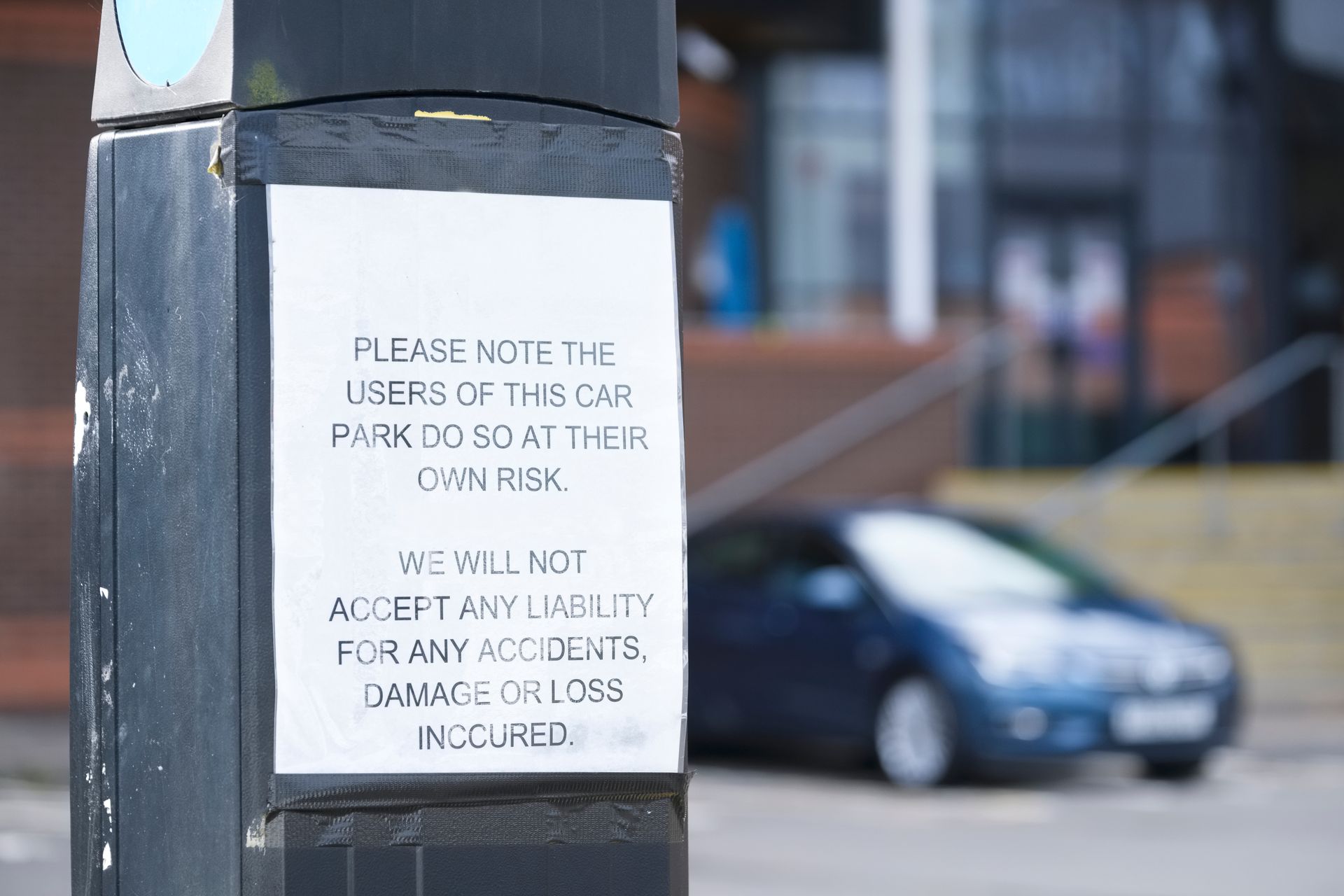Blog

In most cases, businesses opt for arbitration over litigation due to the reduced cost, privacy and efficiency of the process. However, arbitration isn’t a one-size-fits-all solution. There may be situations where a business can best protect its interest through litigation.
At the Law Office of Cameron Hawkins, we have experience representing businesses in commercial liability cases in arbitration and litigation. Our attorneys will give your case our undivided attention and leverage our decades of combined experience and expertise to zealously defend you against torts.
What Is Arbitration?
In both litigation and arbitration, a third party gets involved to decide over the dispute. Litigation is settled by the court while arbitration is settled outside of the public judicial system.
In arbitration, the two parties decide to have a qualified arbitrator hear their respective arguments and exact a decision. Unlike mediators, arbitrators have the power to give a final verdict. Although the arbitrator operates outside of the courts, their decision is nonetheless legally binding, according to the Federal Arbitration Act.
Arbitrators may be contracted from the American Arbitration Association or the Federal Mediation and Conciliation Service, or the two parties may appoint a rotating panel of arbitrators to decide matters in different parts of the process. For example, one arbitrator may decide the initial agreement while another oversees any issues that arise in the future.
Pros and Cons of Arbitration Versus Litigation
Arbitration
Advantages
- Quicker Resolution: Arbitration offers a more streamlined justice process than litigation, offering an expeditious resolution that limits disruptions to business operations and minimizes costs.
- Confidentiality: Arbitration can be appealing for businesses seeking to avoid sensitive information becoming public. Because arbitration is conducted privately, you have better control over what is released into the public domain.
Disadvantages
- Can’t Appeal: While you can file an appeal if you don’t achieve your desired end result after litigation, you can’t challenge an arbitrator’s decision once finalized. This lack of flexibility can be problematic for businesses worried about an unfavorable outcome.
- Non-Judicial Official: An arbitrator’s qualifications aren’t as public or as well-known as a judge’s, nor do they undergo rigorous training to become appointed. Arbitration’s reliance on private organizations may be concerning to some.
- Enforceability: Judgements tend to be easier to enforce after a ruling in court. If one party has doubts about the enforceability of an arbiter’s ruling in their favor, litigation may be preferable.
- Discovery Procedures: Although the less extensive discovery can make arbitration less expensive and complex, it may end up being decided on shallower evidence that doesn’t effectively represent your side.
Litigation
Advantages
- Formal Resolution: The traditional court system grants businesses access to more in-depth discovery procedures, the ability to cross-examine witnesses and a more extensive range of legal remedies. Businesses may sometimes benefit more from addressing issues through the formal framework of the law rather than the flexible and independent arbitration system.
- Appeals: If a business is dissatisfied with the trial court's decision, they can pursue an appeal to seek a different outcome.
Disadvantages
- Time-Consuming: Litigation tends to be the more expensive option[1] of the two, as the length of court proceedings can be substantial.
- Lack of Privacy: Because going to court is a public and thoroughly documented process, sensitive information about your business can become public.
- Cost: While not guaranteed to cost more, lengthy litigation can potentially be much more expensive than arbitration.
- Compromise Future Partnership: Hostile litigation can burn bridges, which can be problematic when both parties would benefit from a future business relationship.
Should Your Business Pursue Litigation or Arbitration?
If you’re looking to resolve a straightforward dispute promptly and privately in an expedited fashion, arbitration is typically the preferred option. Arbitration can prevent the relationship between the two parties from becoming adversarial, which can be beneficial if you want to maintain a working relationship with them.
However, if the case is more complex, involves extensive discovery or requires a court-ordered remedy – such as ordering a party who violated a contract to both fulfill their obligation and provide compensation for the losses suffered as a result – litigation may be favorable. Court decisions may also set a legal precedent that influences future commercial liability cases, which may help discourage and reduce the number of baseless claims in the future.
Get Zealous Defense From Commercial Liability Claims for Your Atlanta Business
At the Law Office of Cameron Hawkins, we understand the stakes involved in commercial liability cases and the toll they can take on businesses both financially and reputationally. Our dedicated attorneys will give your claim the attention it deserves, building a compelling case and working hard to increase your chances of securing an ideal outcome while limiting costs.
Call (678) 921-4225 or contact us online to book a free case consultation with one of our attorneys today.











